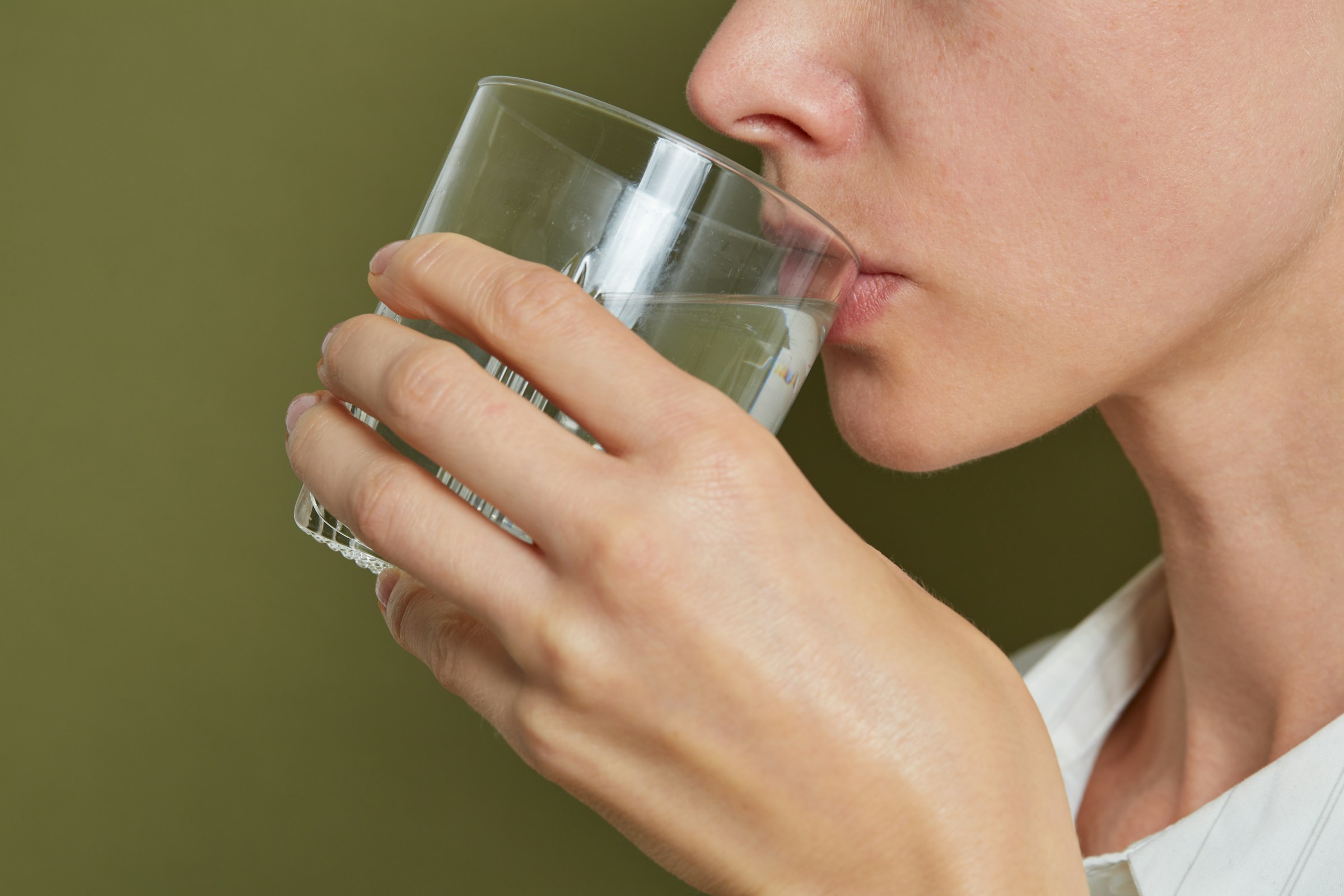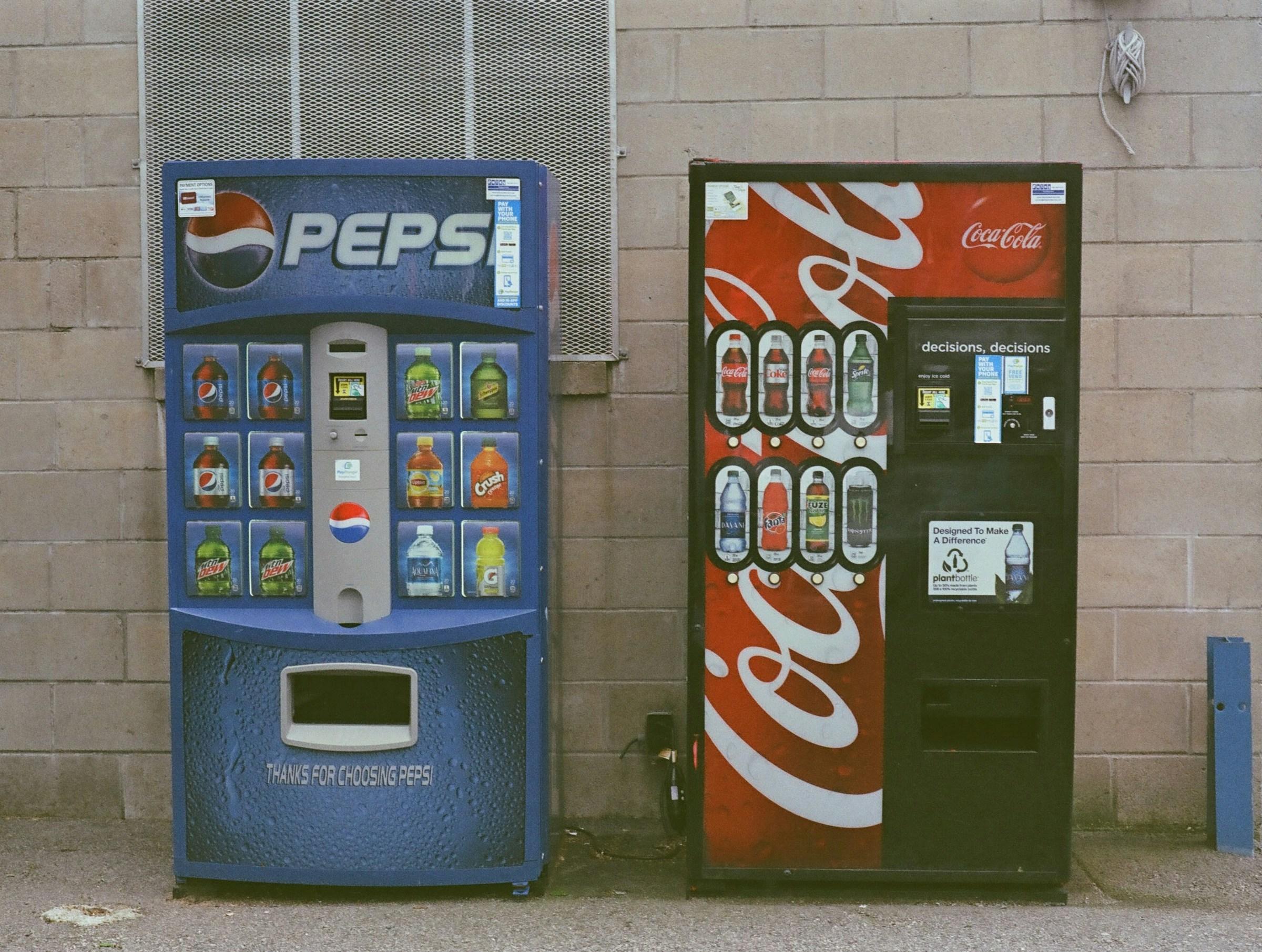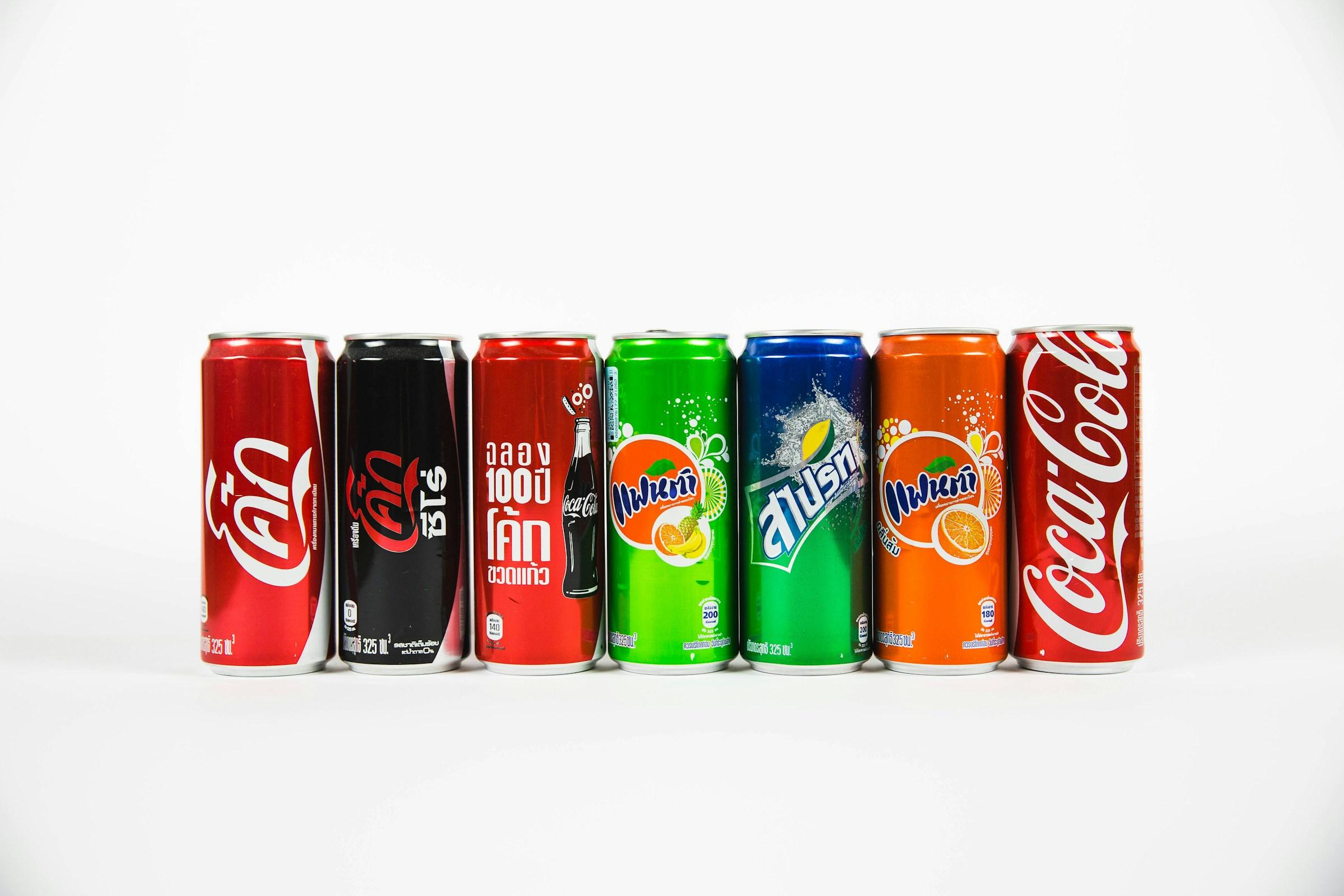Hydration gets talked about like a lifestyle choice, but water is closer to basic infrastructure for a human body. It is the medium that lets your systems move, react, cool, and clean. Strip away the slogans and shiny bottles and you find a simple constant. Without enough water, the body has to ration energy, attention, temperature control, digestion, and waste removal. With enough water, those same processes feel smooth, almost invisible, because the chemistry in the background is being handled.
Think about circulation first, because it touches everything else. Blood is mostly water, and that water carries red cells, white cells, nutrients, hormones, and electrolytes to where they need to go. When you are short on fluid, plasma volume drops and the heart works harder to push a smaller river through the same landscape. You feel it as a heavy afternoon, a faster pulse when you climb stairs, or a peculiar lightheadedness when you stand. The body calls it a supply problem. Restore water and the pressure stabilizes, delivery improves, and the feeling of effort returns to normal.
Inside each cell, water is the stage where life’s chemistry actually happens. Enzymes fold correctly in watery environments, proteins find their targets, and reactions proceed at workable speeds. If intracellular water dips, reactions slow and your brain registers static. That is why even mild dehydration can feel like your mind is buffering. The phrase sounds cute, but the mechanism is straightforward. Less water means slower chemistry and more friction in every task that requires focus, memory, and quick decisions.
Water is also the reason you can live through tropical afternoons and intense gym sessions. When sweat evaporates, it pulls heat off your skin and keeps your core temperature within a safe band. This is a quiet superpower, but it is not free. You must have enough water in the system to sweat in the first place. If you are behind on hydration, cooling becomes less efficient, and the body starts trading performance for protection. Headaches creep in, pacing drops, mood shortens. When people say they had an off workout or a grouchy day, the explanation is not always complex. Sometimes it is that their cooling system lacked material to work with.
Digestion depends on water from the first moment you smell food to the end of the line. Saliva begins breaking down carbohydrates and helps you chew and swallow comfortably. Gastric juices dissolve and fragment food in the stomach. In the small intestine, water helps enzymes tease apart nutrients so they can cross into the bloodstream. Later, in the large intestine, water is reabsorbed to keep the body from losing more than it can spare. When you are underhydrated, that reabsorption can go too far, stool hardens, and transit slows. People often reach for a new supplement or a detox plan when the body is simply asking for a steady intake of water so the entire digestive choreography can run on time.
Movement feels good when water is abundant because water gives structure to the tissues that carry load. Synovial fluid in your joints is water rich. It reduces friction when you bend, squat, or sit at a desk for long stretches. The discs between your vertebrae behave like tiny water cushions that rely on hydration to maintain their spring. Lose water and those tissues stiffen. Flights feel longer, chairs feel meaner, and small movements that used to pass unnoticed now send a whisper of complaint through your lower back or knees. Rehydration does not replace physio or strength work, but it sets the table for those efforts to succeed.
Water carries away what your metabolism leaves behind. The kidneys filter blood all day long, and they use water to dissolve waste into urine for safe exit. When urine is consistently dark and concentrated, the body is rationing. Run that way for too long and crystals can precipitate into kidney stones. No one loves the advice because it sounds boring, but the chemistry is not romantic. Steady hydration gives the kidneys a comfortable margin so they can keep the blood clean without drama.
Every nerve signal and muscle contraction depends on gradients of electrolytes across cell membranes. Sodium, potassium, chloride, magnesium, and calcium need water to stay in the right concentrations and to move where they are asked. Cramps during training are not always a signal to add more minerals. Sometimes they are a sign to add actual water, because the minerals you already have cannot do their jobs in a dry environment. This is also why people who sweat heavily benefit from pairing water with a bit of salt and a squeeze of citrus. The combination makes drinking easier to repeat and gives your system what it needs to retain what you drink.
Immunity improves when your first line of defense is well watered. The mucous membranes in the nose and throat trap and sweep out pathogens more effectively when they are moist. Long flights, strong air conditioning, and skipped glasses dry those membranes and give irritants an easier path. The scratchy throat that follows is not always a sign to medicate. Often it is your body asking you to refill the moat.
Skin often gets dragged into marketing language, but the basics are clear. Hydration supports circulation, nutrient delivery, and the lipid barrier that keeps moisture inside where you want it. No drink can replace sleep or sunscreen, and no single glass can give you a glow, but the daily habit provides a foundation on which topical products can actually perform. When the inside is steady, the outside requires less heroism.
Daily life makes hydration dynamic rather than static. Hot weather, spicy or salty meals, high protein intake, caffeine, alcohol, and intense training all increase how much water you need to stay even. Illness and fever do the same. You can meet part of that need with food. Fruits, vegetables, soups, and stews carry a surprising amount of water. That is why a simple bowl of noodles with broth feels medicinal when you are unwell. It is comfort, but it is also logistics.
People sometimes ask about the risk of drinking too much. It is possible to overdo water quickly and dilute sodium. That is not a common daily risk for most adults who sip through the day and salt their food to taste, but it is worth knowing. The lesson is not to fear the glass. It is to aim for steady, repeatable habits rather than heroic chugging to make up for hours of neglect. Thirst is a useful guide. Urine color trending to pale straw is another. Energy that feels even from morning to late afternoon might be the best everyday signal of all.
There is also the question of how well your body holds onto water. Sleep, stress, and carbohydrate intake all shift fluid distribution and storage. High stress hormones can change where water sits within tissues. Very low carbohydrate diets reduce water storage in muscle because glycogen binds water. None of this is an argument against your preferred eating style or a reason to ignore stress management. It is a reminder that hydration is systemic. It is not just about the bottle on your desk. It is about the environment your body is working in.
If you like practical guidance, think in anchors. Drink when you wake. Drink with meals. Drink after a meeting, a commute, or a workout. Keep a glass or bottle visible where you work. If you live in a humid city or train in the heat, add a pinch of salt to a liter and finish it across the day. If plain water bores you, vary the temperature, add citrus, or brew a weak tea that you enjoy cold. The best plan is the one you will repeat on a normal Tuesday without a second thought.
Hydration will never win the prize for most glamorous wellness topic, but it is the most forgiving habit you can build. Miss a morning and your body will nudge you. Pay attention and the benefits show up everywhere else. Workouts feel possible. Headaches show up less often. Skin needs fewer fixes. Mood steadies. Focus stops bargaining with the afternoon. The change is not magical. It is mechanical in the best way.
In the end, water keeps you alive by doing ordinary things perfectly, all day, without applause. It carries, cools, dissolves, cushions, powers, and protects. When you respect that role, the rest of your health routine has an easier job. You do not need clever rules to start. You need a glass within reach, a few simple anchors, and a willingness to notice how much better the day feels when the body gets what it has always asked for.




.jpg&w=3840&q=75)










.jpg&w=3840&q=75)